In a dizzying cloud of smoke and a shimmering sequined shawl, rising indie pop star Maggie Rogers debuted at Chicago’s United Center. While most artists at United rely on flashy sets to fill the space, Rogers kept the concert intimate with her wholesome chatter and genuine smile. She was in awe of performing in what she joked was the “Space Jam arena” and gushed over fans that had seen her at Lincoln Hall years prior, leaning into the crowd to hear their names.
Rogers has touched fame with what are mostly love songs that sail through her incredible vocal range, but she maintained a humble stage presence. Her dancing, well-choreographed but simple, gave the impression of movement for oneself when no one else is watching. For many fans, Rogers’s albums are a go-to for living room performances: belting while sweeping the floor and dancing with the broom. To see her perform that same way with her microphone stand onstage was heartwarming and relatable, making the United Center feel a little bit more like home.
Rogers’s 2024 tour is named after her third studio album, Don’t Forget Me. Written from start to finish in five days, the album is organic and, following a woman through the emotional swings of a broken heart, it is also her most cohesive piece. The album’s last track, “Don’t Forget Me,” is about the need to leave a lasting mark on a lover. Invoking that title for her tour emphasized Rogers’s drive to leave an impact on the community through her music. In Chicago, she succeeded in making a mark by welcoming a special guest: Mavis Staples of The Staple Singers. Staples is a legendary blues singer and civil rights activist, and at 85, she still has the brassy pipes of her youth. Rogers remarked that, despite her impact on the music industry and the civil rights movement, this was Staples’ first time performing at the United Center. She lamented the lack of older women in music, and in her tone, there was a tinge of fear.
Holding hands, Rogers and Staples stood face to face for “I’ll Take You There.” With Rogers as the backup vocals in conversation with and standing a head taller than Staples, there was a powerful juxtaposition of rising youth and established age in the music industry. Rogers’s indie pop is starkly different from Staples’s soul, but seeing Rogers in the presence of one of her influences transformed the listener’s understanding of how Rogers conceptualizes music and her own work. Rogers is aiming for something more than coffee shop indie music; it seemed she was begging the audience: “Don’t forget me.”


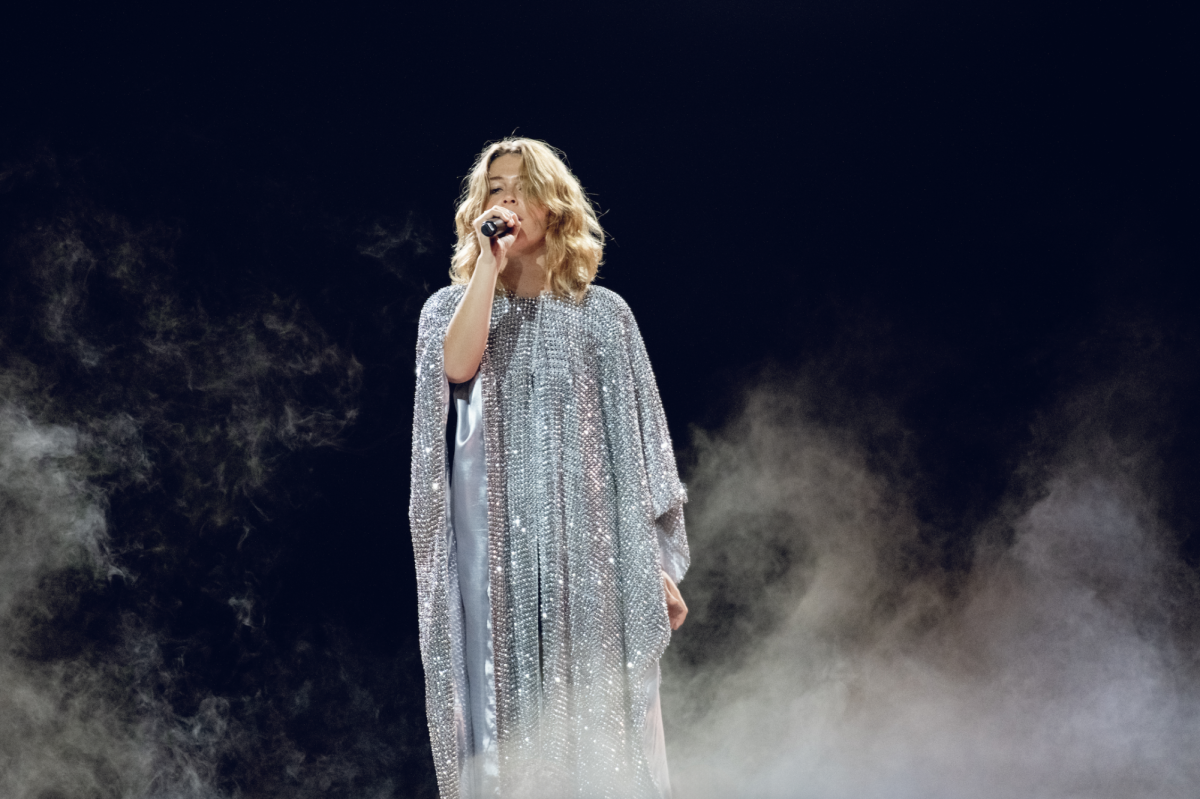
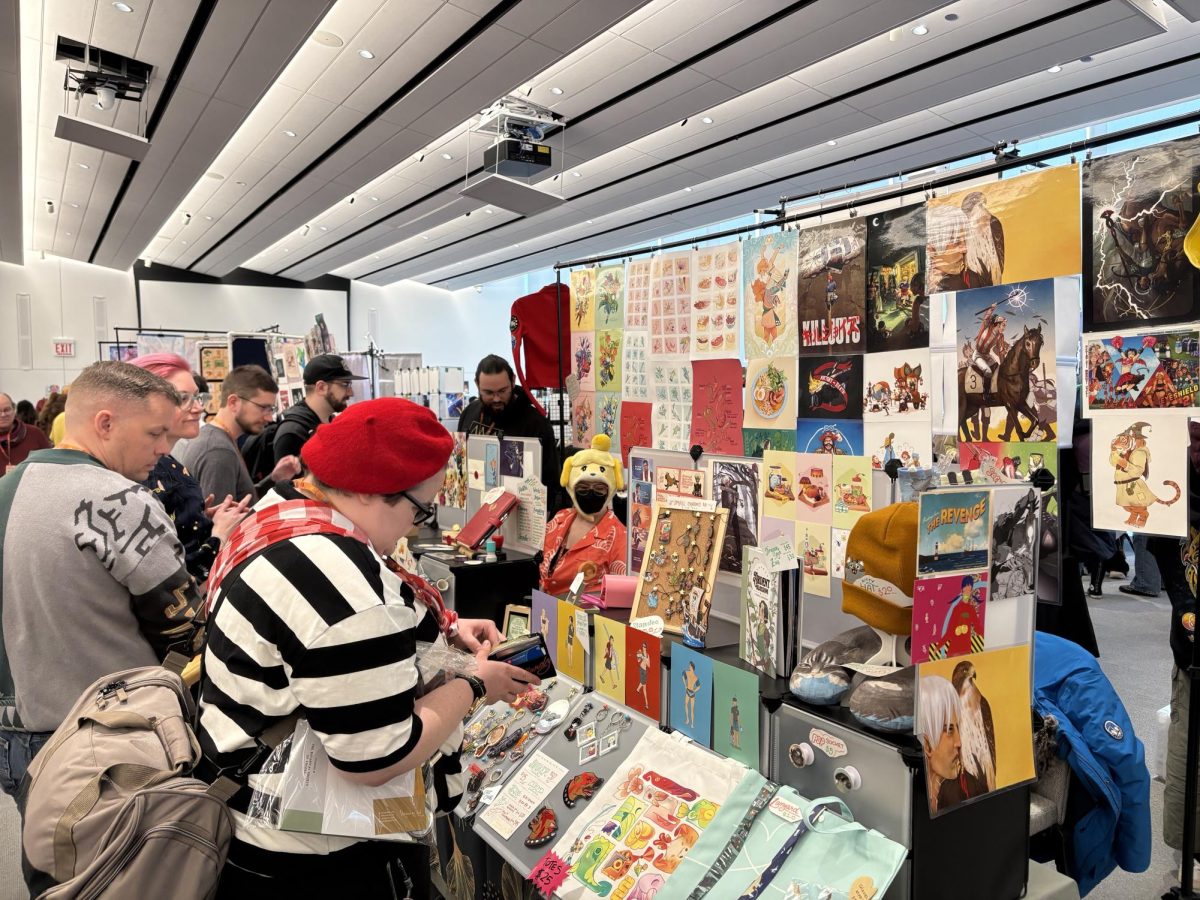
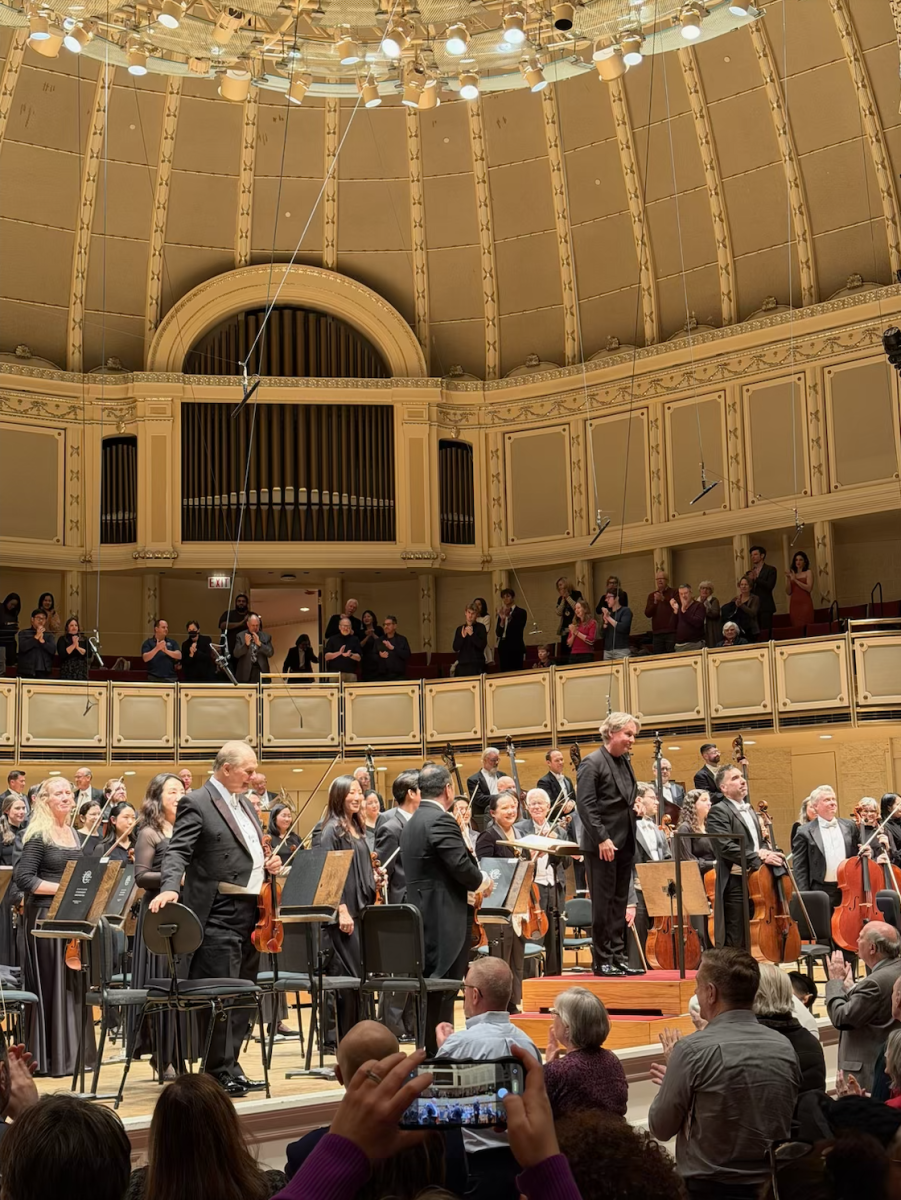
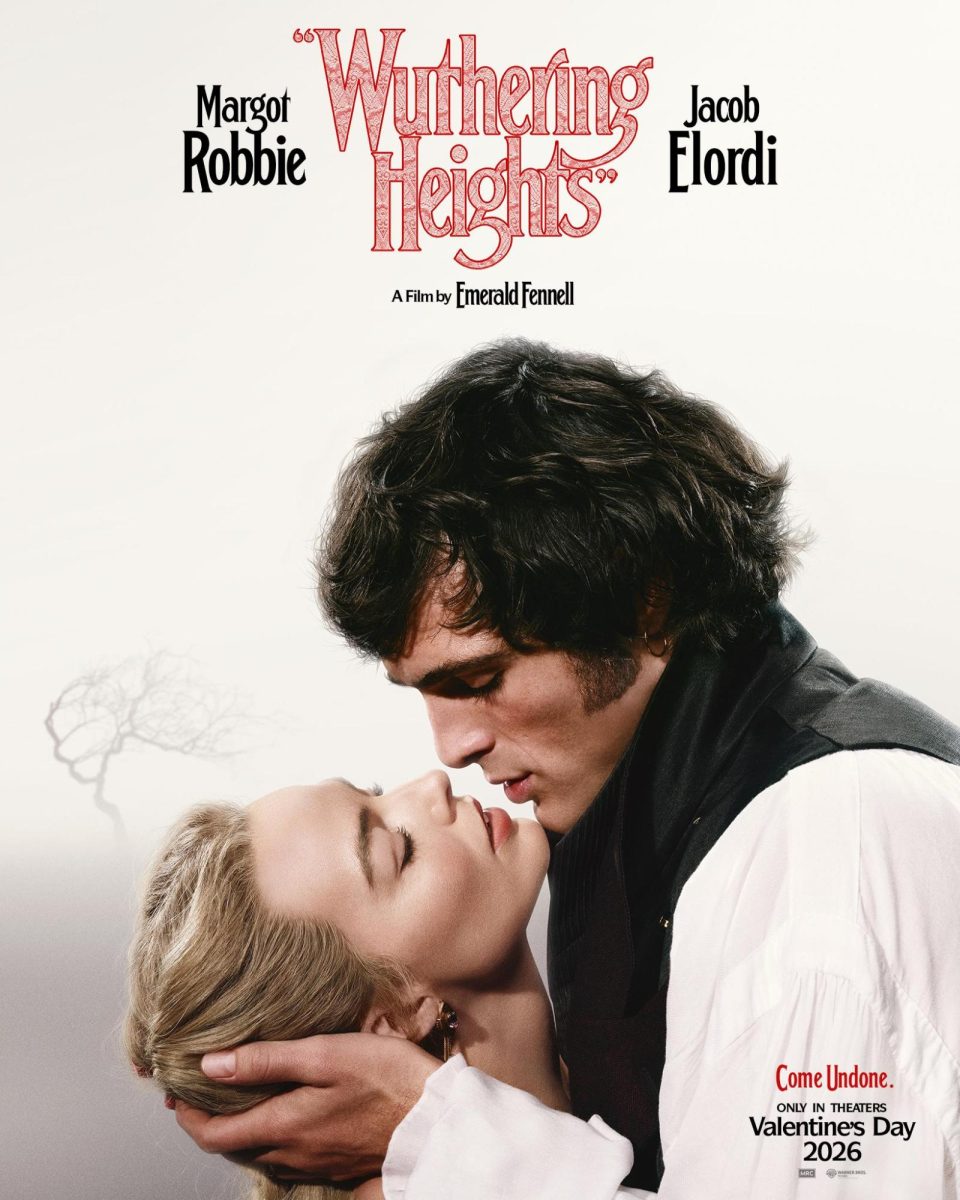

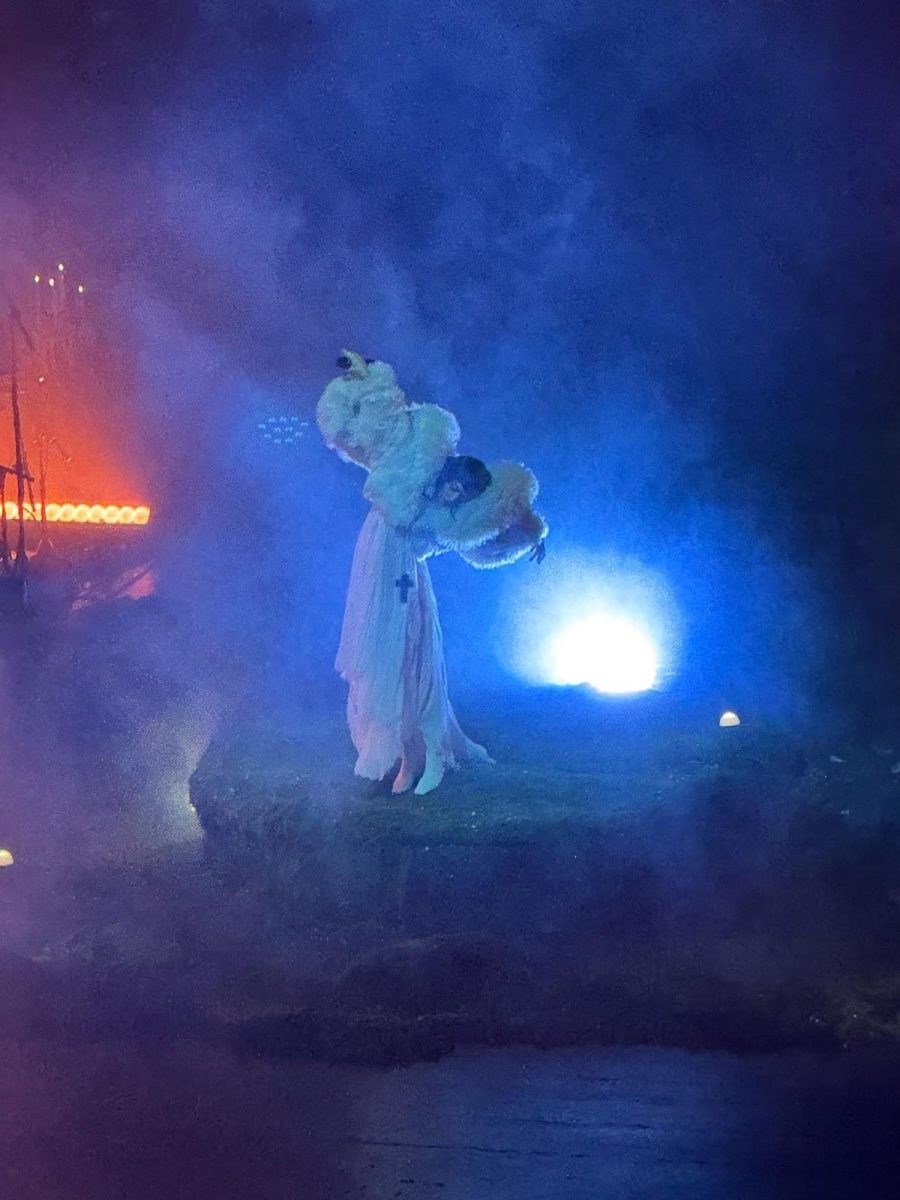
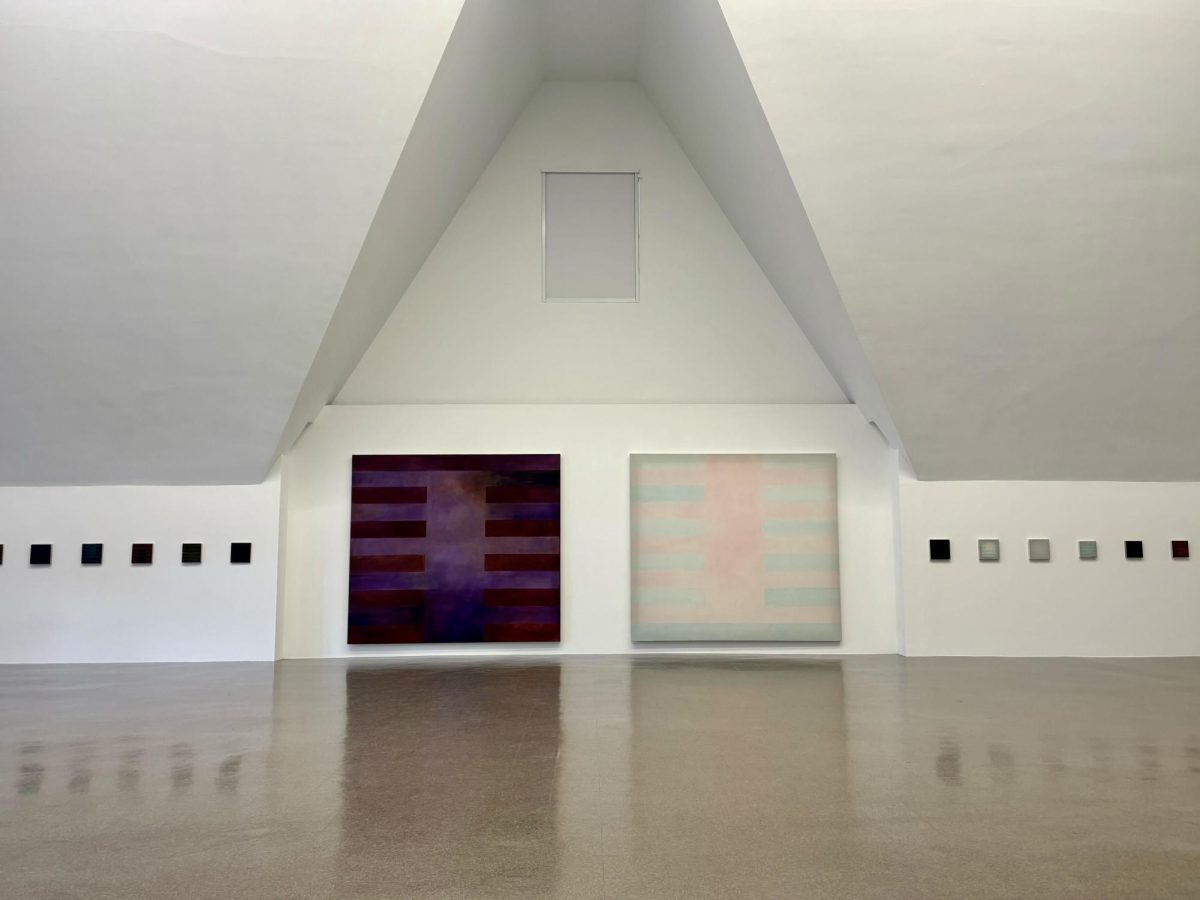
Rashid Mahmoud / Nov 23, 2024 at 6:29 am
All the Good Wishes for Rogers.